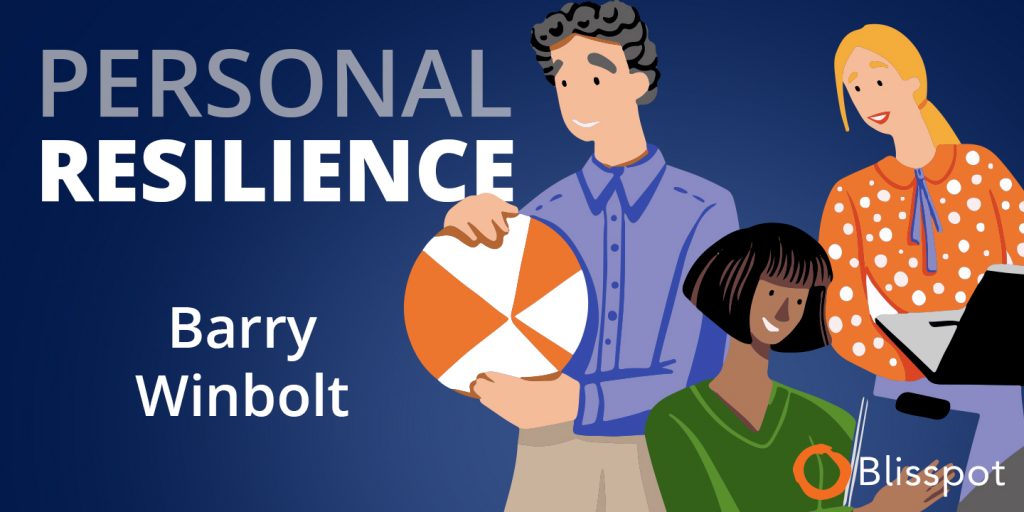For a start, the idea that confidence is difficult to pin down. Confidence, as defined by Daniel Goleman, author of the best-selling book Emotional Intelligence, is “A strong sense of one’s self-worth and capabilities”.
Viewed from this perspective, confidence is no longer a vague concept, but a call to action. But how do you develop a ‘strong sense of your self-worth and capabilities?

Here’s How
Self-esteem and confidence are built and maintained through our recognition and acknowledgment of our successes. While some people seem to have the edge from birth and are naturally more confident than others, a positive self-concept (as psychologists call it), is not a fixed attribute; you can develop it at any time.
Neither is it everlasting; attributes like self-confidence and self-esteem need maintenance and renewal if they are to remain intact and serve you well. By the way, this goes for confident people too. We can all have bad days and it is healthy to have self-doubt, up to a point. Confident people just don’t let those things stop them.
How to Develop Confidence
The simplest and most natural antidote is to count your successes, recognize your strengths, and acknowledge your resources such as experience, achievements, and support (by family and friends for example).
Recognizing and ‘owning’ your strengths may not come naturally. In many cultures we are schooled to be modest, not to show off, and to rein in any tendency to self-promote.
Even in highly individualistic cultures where this is not the case, there seems to be a natural bias towards denying our talents in public in order to conform. So you might have to work at recognizing and accepting your positive side so that it becomes part of your self-identity.

Think about how self-confidence works for a moment; when you have it you are much better able to resist being swept up with thoughts that tell you you are rubbish (or are blame-worthy, should feel guilty, undeserving, or whatever). But we all have chinks in this self-protective belief, and so occasionally doubts can creep in. When that happens it distorts your thinking and confidence is threatened.
That’s why this is not a one-time strategy. Confidence is built on our abilities, our successes, and things that make us feel good about ourselves. Regular and honest recognition of your strengths and other positive aspects of your character (as opposed to self-reproach and beating yourself up), provides protection from self-defeating negativity.
Strengths and Competencies
Consciously focusing on your competencies and other affirming attributes can help counter this effect and so, boost your confidence, self-esteem, and your resilience.
You’ve probably heard about accepting yourself as you are, it gets talked about a lot in posts like this. That’s a sound idea, and good advice, just make sure that you ‘accept yourself as you truly are. This means you don’t just accept the inevitable imperfections, but you also learn to own your character strengths, and your skills and talents. That’s the way to growing your confidence.








